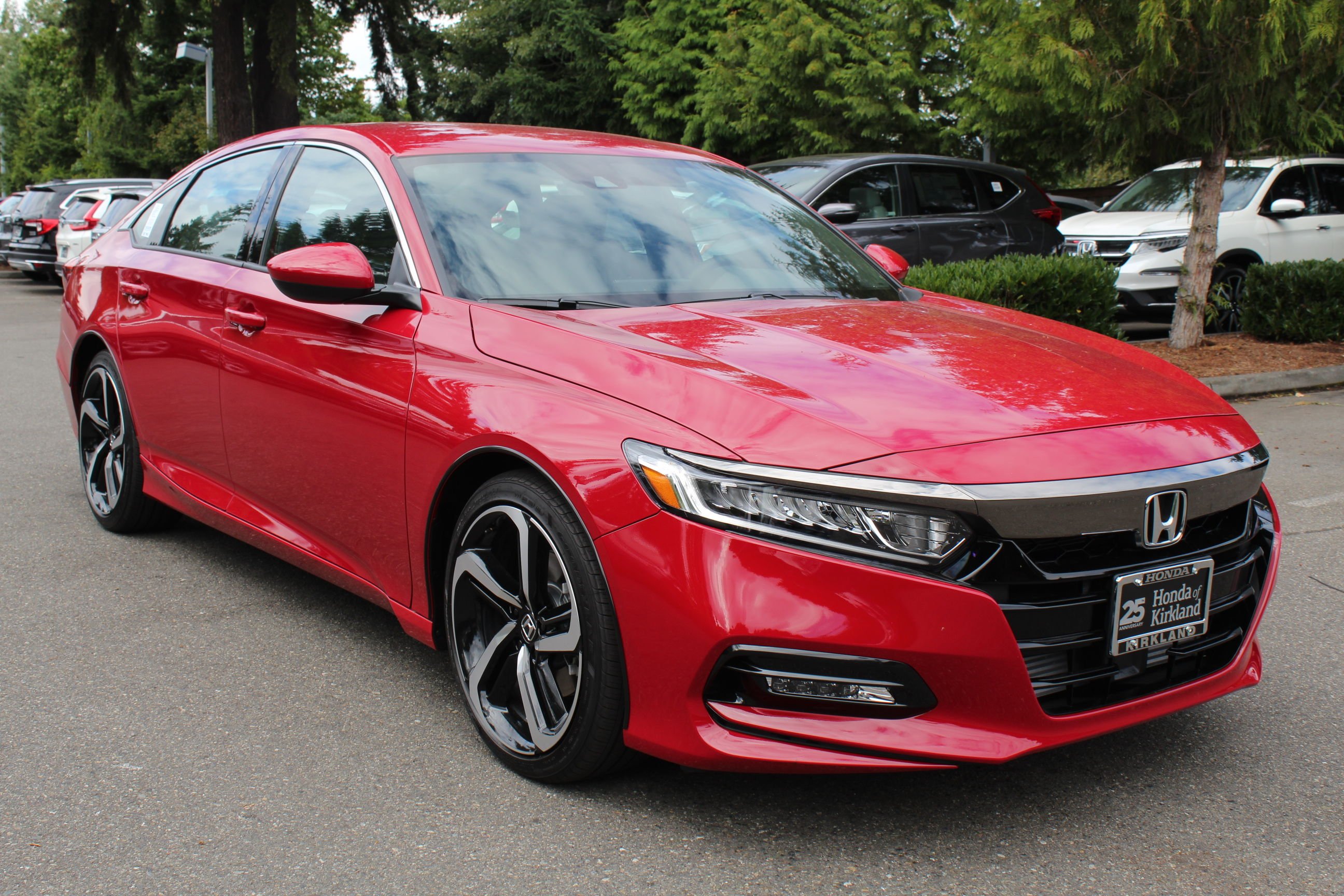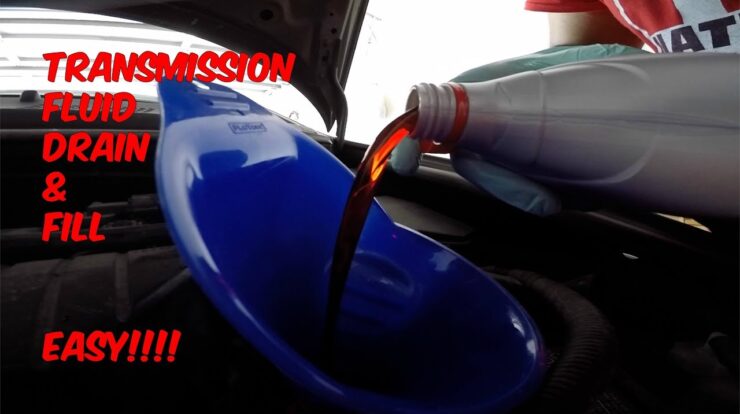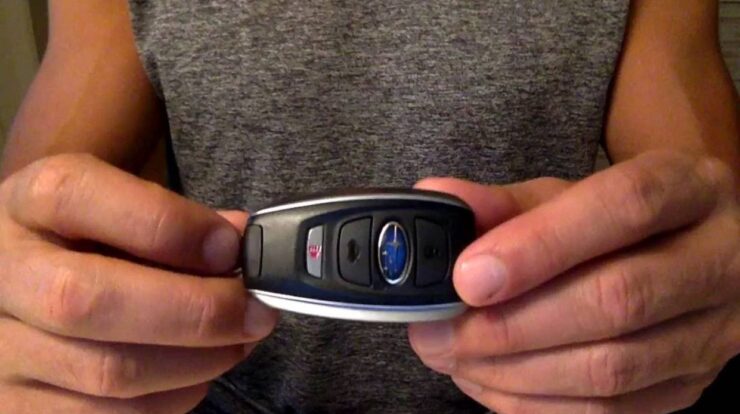2018 honda accord sport tire size – Embark on a journey to discover the perfect tire size for your 2018 Honda Accord Sport. Delve into the intricacies of tire specifications, expert recommendations, and essential maintenance tips to unlock the full potential of your vehicle.
Unravel the impact of tire size on handling and performance, explore the best tire types for various driving conditions, and gain insights into selecting tires that align with your driving style.
Tire Specifications
The 2018 Honda Accord Sport comes standard with 19-inch alloy wheels wrapped in 235/40R19 tires. Upgraded tire size options are available, including 245/40R19 and 255/35R19 tires. The tire size you choose will have a significant impact on the vehicle’s performance and handling.
Impact of Tire Size on Performance and Handling
Larger tires provide better grip and stability, which can improve handling and cornering ability. However, they can also increase rolling resistance, which can reduce fuel economy. Smaller tires have less grip and stability, but they can improve fuel economy and acceleration.When
choosing a tire size for your 2018 Honda Accord Sport, it is important to consider your driving needs and preferences. If you are looking for a tire that provides the best possible performance and handling, then you should choose a larger tire size.
If you are looking for a tire that provides better fuel economy and acceleration, then you should choose a smaller tire size.
Tire Recommendations: 2018 Honda Accord Sport Tire Size
Selecting the appropriate tires for your 2018 Honda Accord Sport is crucial for optimizing its performance and ensuring a safe and enjoyable driving experience. Factors such as driving conditions, personal preferences, and budget should be considered when making your decision.
Tire Type Recommendations
All-Season Tires:Ideal for drivers who experience a wide range of weather conditions, including light snow, rain, and dry roads. They provide a balance of traction, handling, and comfort.
Performance Tires:Designed for drivers who prioritize handling and responsiveness on dry roads. They offer increased grip and cornering stability, but may compromise ride comfort and tread life.
Winter Tires:Essential for drivers in regions with heavy snow or icy conditions. They feature a specialized tread pattern and rubber compound that enhance traction on slippery surfaces.
Tire Brand and Model Suggestions
All-Season Tires:
- Michelin CrossClimate 2
- Continental TrueContact Tour
- Pirelli Cinturato P7 All Season Plus 3
Performance Tires:
- Bridgestone Potenza Sport
- Yokohama Advan Sport A/S+
- Goodyear Eagle F1 Asymmetric 3
Winter Tires:
- Nokian Hakkapeliitta R5
- Michelin X-Ice Snow
- Blizzak WS90
Factors to Consider When Choosing Tires
Tread Pattern:The design of the tire’s tread determines its traction and handling characteristics. Symmetrical patterns are suitable for all-season tires, while asymmetrical patterns enhance cornering stability. Tread Compound:The rubber compound used in tires affects their grip, durability, and fuel efficiency. Softer compounds provide better grip, while harder compounds offer longer tread life.
If your hybrid vehicle is in need of a battery replacement, it’s important to factor in the hybrid battery replacement cost . This can vary depending on the make and model of your car, so it’s best to consult with a mechanic to get an accurate estimate.
Tire Maintenance
Maintaining your tires is essential for safety, performance, and longevity. Proper care includes regular inspections, rotations, and monitoring of tire pressure and tread depth.
Tire Inspections
Inspect your tires regularly for signs of wear, damage, or bulges. Look for cuts, punctures, or any unusual wear patterns that may indicate a problem. If you notice any irregularities, have your tires inspected by a professional as soon as possible.
Tire Rotations
Tire rotations help distribute wear evenly, extending the life of your tires. The recommended rotation schedule varies depending on the vehicle and driving habits, but generally, tires should be rotated every 5,000 to 8,000 miles.
Tire Pressure Monitoring
Proper tire pressure is crucial for handling, fuel efficiency, and tire life. Check your tire pressure regularly, especially before long trips or when carrying heavy loads. Underinflated tires can cause premature wear, while overinflated tires can reduce traction and ride comfort.
Speaking of car batteries, have you checked the nissan key fob battery lately? A weak battery can make it difficult to unlock your car or start the engine. It’s a simple and inexpensive fix, so it’s worth keeping an eye on.
Tread Depth Measurement, 2018 honda accord sport tire size
Tread depth is an indicator of the tire’s remaining life. Tires should be replaced when the tread depth reaches 2/32 of an inch. You can measure tread depth using a tire tread depth gauge or by inserting a penny upside down into the tread grooves.
If the top of Lincoln’s head is visible, the tire needs to be replaced.
Consequences of Neglecting Tire Maintenance
Neglecting tire maintenance can lead to several problems, including:
Reduced safety
Worn or damaged tires can affect handling, braking, and stability.
Poor fuel efficiency
Underinflated tires increase rolling resistance, leading to higher fuel consumption.
Shorter tire life
Improper maintenance can significantly reduce the lifespan of your tires.
Increased risk of accidents
Neglecting tire maintenance can increase the risk of flats, blowouts, and other tire-related incidents.
Tire Safety

Maintaining safe and reliable tires is crucial for your driving experience and overall safety on the road. Worn or damaged tires can pose significant hazards, compromising your vehicle’s handling, stability, and braking capabilities.
It is essential to be aware of the potential risks associated with compromised tires and to take proactive steps to ensure your tires are in optimal condition. Regular inspections and prompt attention to any signs of wear or damage can help prevent accidents and keep you and your passengers safe.
Identifying Signs of Tire Failure
- Uneven tread wear:This indicates improper alignment or balancing, which can lead to premature tire failure.
- Bulges or sidewall damage:These can be caused by impact or road hazards and can result in a sudden blowout.
- Cracking or dry rot:This occurs due to aging or exposure to extreme temperatures and can weaken the tire’s structure.
- Tread depth below 2/32 of an inch:This indicates insufficient tread to provide adequate grip and traction.
- Vibration or shaking while driving:This can be a sign of unbalanced or damaged tires.
If you notice any of these signs, it is crucial to have your tires inspected by a qualified mechanic as soon as possible.
Driving Safely with Worn Tires
If you find yourself driving with worn tires, it is important to take extra precautions to minimize the risks:
- Reduce speed:Worn tires have reduced grip and traction, so driving at lower speeds is essential.
- Avoid sudden maneuvers:Aggressive braking, acceleration, or cornering can put additional stress on worn tires and increase the risk of a blowout.
- Be aware of road conditions:Wet or slippery roads can further compromise the performance of worn tires.
- Inspect tires regularly:Keep an eye on tread depth and overall condition to monitor any changes or signs of deterioration.
Remember, while these measures can help mitigate the risks, it is always recommended to replace worn tires as soon as possible to ensure optimal safety and performance.
End of Discussion

With this comprehensive guide, you’ll be equipped to make informed decisions about your 2018 Honda Accord Sport’s tires. Ensure optimal performance, safety, and longevity by following our expert advice and staying vigilant with tire maintenance.
Quick FAQs
What is the standard tire size for the 2018 Honda Accord Sport?
The standard tire size for the 2018 Honda Accord Sport is 235/40R19.
What are the available upgraded tire size options for the 2018 Honda Accord Sport?
Upgraded tire size options for the 2018 Honda Accord Sport include 245/35R20 and 255/30R20.
How does tire size affect vehicle performance and handling?
Tire size significantly influences vehicle performance and handling. Larger tires provide better grip and stability, while smaller tires offer improved fuel efficiency and responsiveness.




